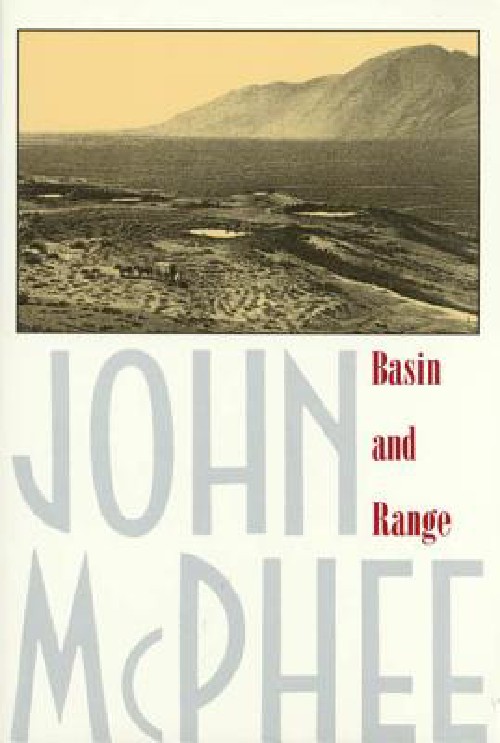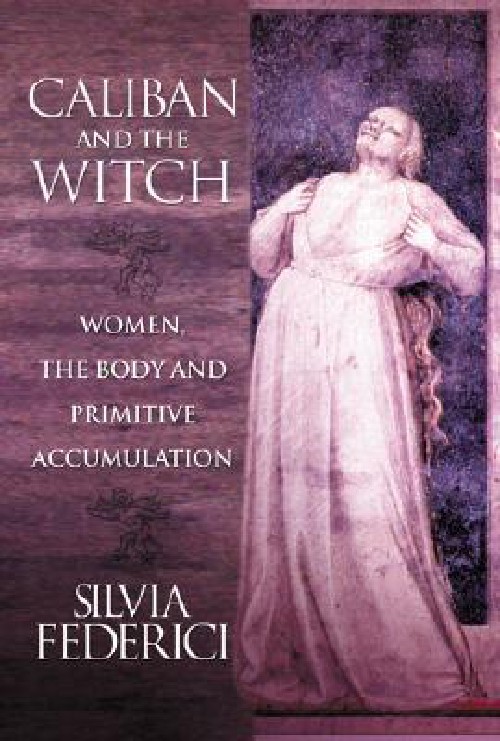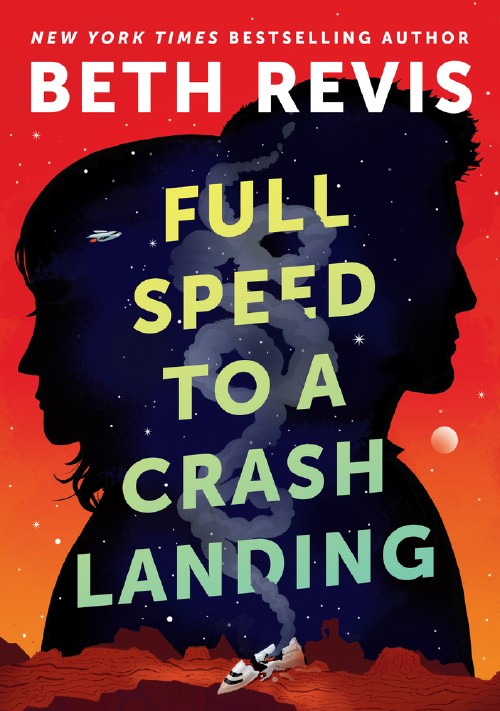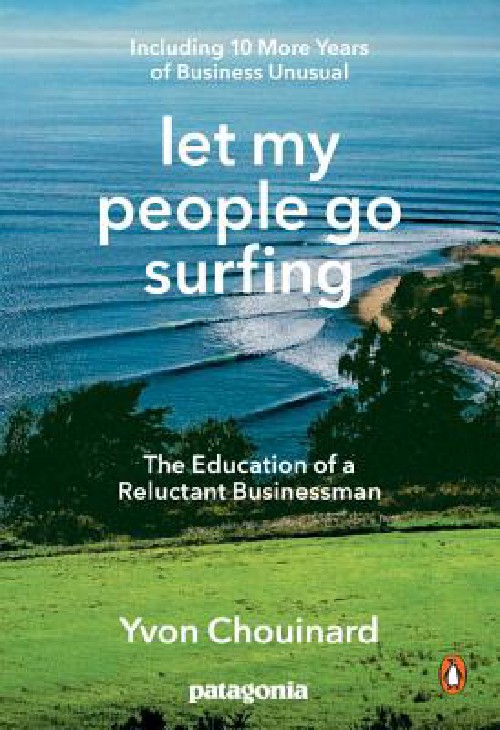What are four words you would use to describe your music?
Nature punk / grief folk.
— Alynda Segarra (Hurray for the Riff Raff) in an interview with Uproxx
One of the many violences of capitalism is how it demands that all of life arrange itself around money. Actually, I can be more specific. The violence is how those of us who are forced to work waged labor in order to survive in the world are required to arrange our lives around the primacy of our keeping our paychecks. Rich people may not have to do this—I don’t know I’ve always lived paycheck to paycheck. But the majority of us who have a job are just hoping that we have enough sick days to cover all illness, enough bereavement leave to account for mourning, and enough vacation days to feel rested and celebrate whomever needs to be celebrated.
This had never occurred to me until I read David Graeber and David Wengrow’s tome The Dawn of Everything: A New History of Humanity, in which, somewhere (I tried and failed to find the relevant passage just now) they discuss how in pre-capitalist worlds, there was an inherent seasonality to life. Whether it’s the cycles of the harvest, or whatever animals you are reliant on, or the religious rituals that structure life, over most of human history people have lived in communities with a natural seasonality.
Under capitalism, the seasons are ancillary; work is the constant. Everyone needs to survive, and survival requires money, and getting money mostly requires some form of waged labor (I’ll point out here how the rise of algorithmic gig labor in the past decade tried to co-opt critiques of this day job system to suggest computers would revolutionize this system but the reality has been that the companies who own the algorithms figured out how to require people to work more for less money). So now we operate in this rigid system that assumes everything outside of work is controllable and containable.
That’s obviously bullshit.
This bullshit hit me hard this past week when I encountered the new Hurray for the Riff Raff album. Thanks to internet friends in a small discord server, I am getting back into the habit of paying attention to new albums. I’ve been aware of HftRR in the past, but this was the first album of theirs I sat down and listened to. I was enjoying it immensely— great songs, beautiful lyrics, mournful vibes— and then I came to the last full song on the album Ogallala. It stopped me in my tracks.
First, of course, was the name Ogallala, which along with being the name of a town in Nebraska (where the song starts), is also the name of the one of the world’s largest fresh water aquifers. It’s been on my mind because I’m reading Dust: The Modern World in a Trillion Particles by Jay Owens, which has a chapter (unsurprisingly) on the Dust Bowl, which originated in the Great Plains. The Ogallala aquifer was part of the reason white settlers took over the Great Plains for agriculture in the late 1800’s; the immense amount of fresh water underground offset the lack of rainfall that would normally be necessary for the types of agriculture white people invested in.
Owen’s Dust talks about the dust bowl, and links it to current agricultural practices, and then hits you with the fact that the extraction of water from the aquifer has increased every decade, and at current recharge rates, would take 6000 years of rain to replenish what we have taken out. We continue to take more out each year.
It’s fitting then, that Hurray for the Riff Raff’s song has a mournful quality, reminiscent of Auld Lang Syne. What starts as a song focused on a moment in the singer’s memory, before turning inward, asking
Now what do I do with this terrible feeling?
Been all these years I’m driving the same highway stretch
You know that scene at the end of “Titanic”?
Well I’m the one who’s still playing on the deck
The ship is going down, Segarro sings, and they are still on it.
This week there are two deaths in the news that stand out against the thousands of deaths that are in the news every week; Nex Benedict’s and Aaron Bushnell’s.
Nex is the Oklahoma teen who was bullied and beaten up for their identity; beaten up so badly that they died from their wounds. For being trans. For believing that who they are mattered, that their truth was worth naming and fighting for. Nex has so many people on their side, from the parents outward. But they also live(d) in a world where many other people hated them, feared them, wanted to deny their existence and to criminalize any acknowledgement of it. Those people are to blame for Nex’s death, and they are to blame for the fact that Nex was not the first and will not be the last to die due to the violence that the anti-trans crowd are happy to cultivate as part of their fear.
Aaron is the man who protested the genocide of Palestine with an act of self-immolation. Here is Sarah Jaffe writing about him this morning:
Aaron Bushnell did what he did to protest the rendering of so many people disposable. He did it to get our attention, to demand we not look away, to reach for the emergency brake that Walter Benjamin wrote about. The use of flames was not an incidental choice. His action recalls Mohamed Bouazizi, whose self-immolation kicked off the rebellions known as the Arab Spring, a wave of uprisings that still shape the world around Gaza. It recalls Buddhist monks opposing American involvement in Vietnam, and American protestersfollowing them to the flames. Aaron Bushnell was an active duty member of the American military; “I will no longer be complicit in genocide," he said. His last words were “Free Palestine.”
I’m now typing this post amidst tears, because the weight of Nex and Aaron’s deaths are so heavy. This is the world of 2024; this is what we have wrought.
I’m also typing this despite it being after 9am, meaning I should be working. I need to sign on to my remote job and use my labor to build products and generate value. That’s the contract I’ve signed; my labor in return for a wage. That is the thing I am supposed to spend my time on today.
Meanwhile, there are wars raging around the world. There are genocides taking place, against Palestinians in Gaza, against trans people in Republican-controlled states in the US, against the Royhinga people, against the Uyghur people. We continue to destroy our access to clean water, eradicate forests, drill for oil, burn the oil, expand the economy. Modernity marches onward.
But sometimes it helps to talk about how stupid all of this is. I don’t even hate my job! I hate this system that denies us the ability to look at the world honestly and give space to the grief and sorrow that feels like it flows endlessly.
Now what do you turn into when all reality’s blending
an image of a photocopy of life?
As Ogallala builds to the end Segarra names the feeling I languish in regularly. What agency do I have? If the ship is going down, what can I do? I want the world to be better, but many days it feels like that opportunity has passed. I don’t believe it has, I refuse to believe it has, but in this song, Hurray for the Riff Raff gives me permission to sit in that space, to look around and see how horrible it is, and name the feeling. This week, I needed this.
I used to think I was born into the wrong generation
but now I know
I made it right on time
to watch the world burn
to watch the world burn
to watch the world burn
with a tear in my eyeto watch the world burn
to watch the world burn
to watch the world burn
i’m right on time



